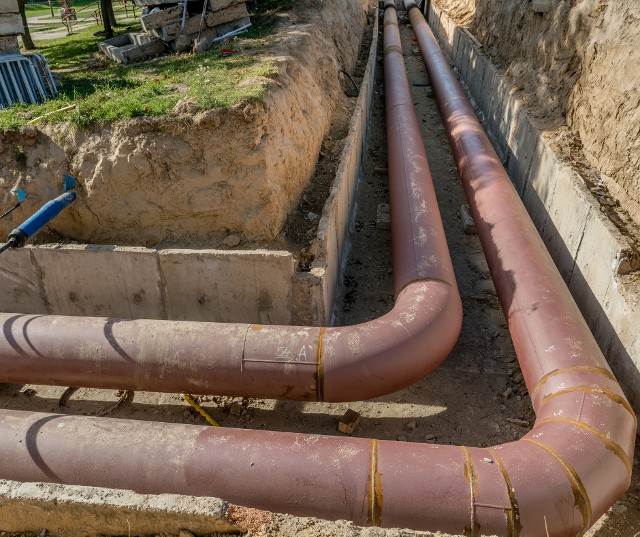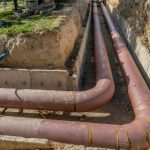Underground utilities, a crucial component of modern urban infrastructure, remain largely unnoticed by the general public. This complex field is responsible for designing, installing, and maintaining various utility systems such as water, gas, electricity, and telecommunications. Let’s delve into underground utility, exploring its challenges, innovations, and the importance of proper planning to ensure seamless service delivery.
The relevance of underground utilities is further demonstrated through the following:
- Underground utilities are any public service infrastructures installed beneath the ground surface. They include electric, telecommunication, data, water, sewer, gas and oil pipelines.
- Underground utilities are essential for supplying various services to a community, such as electricity, natural gas, water, sewage, telecommunications, and more3. They are also crucial for maintaining public safety and environmental quality.
- Underground utilities are often installed in crowded cities with limited space for above-ground utility lines. They are also preferred for aesthetics as they do not interfere with the landscape or skyline.
- Underground utilities require careful planning, design, installation, maintenance, and repair to prevent service damage or disruption. They must also be detected and located before any excavation or construction activities occur near them.
- Underground utilities can be detected and located using various methods such as ground penetrating radar (GPR), electromagnetic induction (EMI), acoustic methods, potholing through hydro/vacuum excavation, etc.
The Role of Underground Utilities in Modern Urban Infrastructure:
The importance of underground utilities in daily life:
-
- Water supply and wastewater management
- Natural gas distribution
- Electrical power distribution
- Telecommunication networks
Advantages of placing utilities underground:
-
- Aesthetics and urban planning considerations
- Protection from weather-related damage
- Reduced risks from accidents and vandalism
- Enhanced safety and reliability
Challenges Faced by Engineers in Underground Utilities Engineering
Soil conditions and geotechnical considerations:
-
- Variability in soil types and properties
- Managing groundwater and drainage issues
- Dealing with contaminated soils and environmental hazards
Environmental concerns:
-
- Protecting ecosystems and minimizing habitat disruption
- Mitigating potential contamination risks
- Sustainable resource management and energy efficiency
Urban planning constraints and land use conflicts:
-
- Limited space and high-density development
- Coordination with other infrastructure projects
- Adhering to zoning regulations and bylaws
Innovative Solutions in Underground Utilities Engineering
Advanced materials and construction techniques:
-
- Durable and corrosion-resistant materials
- Modular and flexible utility systems
- Trenchless installation and repair methods
Smart grid and intelligent utility networks:
-
- Real-time monitoring and control systems
- Enhanced data analytics for improved efficiency and reliability
- Combining various clean energy methods, like solar and wind power, with smaller, local power producers to create a more efficient and sustainable energy system
Utility mapping and geospatial technologies:
-
- Ground-penetrating radar and electromagnetic locating
- Remote sensing and aerial surveys
- Building information modelling (BIM) and geographic information systems (GIS)
Conclusion
Underground utilities are a vital aspect of urban infrastructure, ensuring the reliable delivery of essential services such as water, gas, electricity, and telecommunications. By overcoming challenges related to soil conditions, environmental concerns, and urban planning constraints, engineers in this field are constantly innovating to provide sustainable and efficient utility systems. Incorporating trenchless technologies, advanced materials, and GIS technology demonstrates the ongoing evolution of underground utilities engineering, ensuring that our cities continue to thrive above and below the surface.
Advanced Engineering Group is a company that provides underground utility services across Western Canada. Their services include underground utility locating, underground utility mapping, underground utility design, underground utility installation, underground utility maintenance, underground utility repair, etc. The brand boasts an in-depth experience working with various underground utilities such as water, sewer, storm drain, gas, power, communication, etc.
Contact us for any queries or get a quote from us today.





